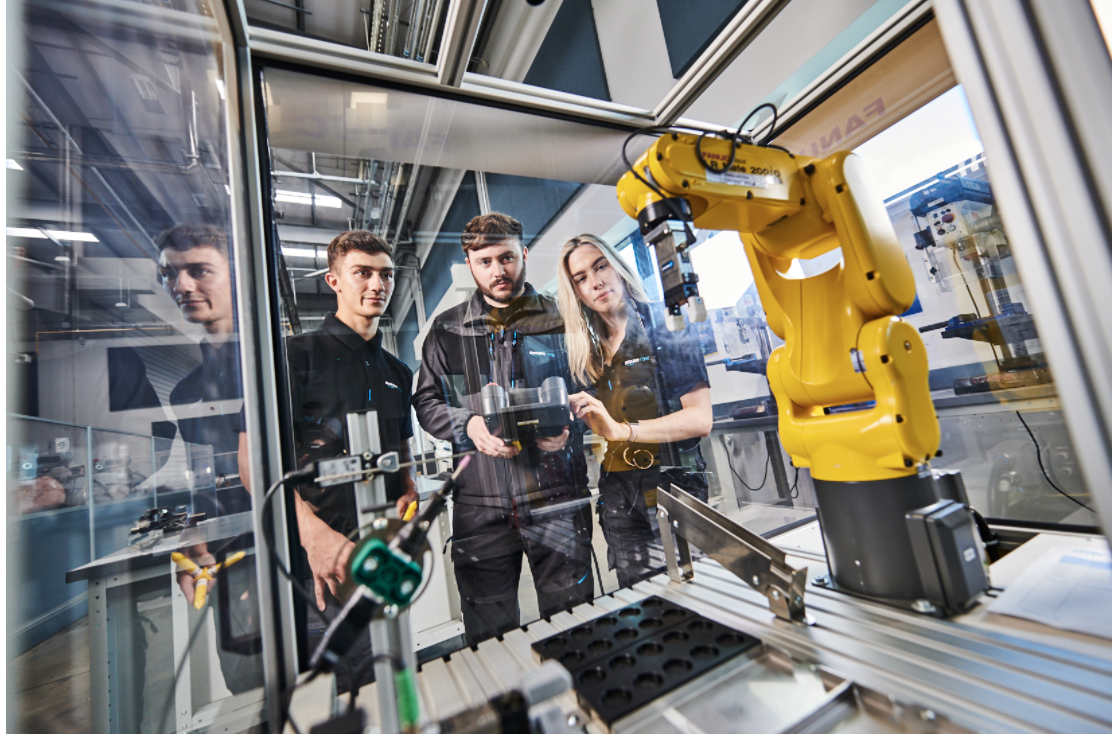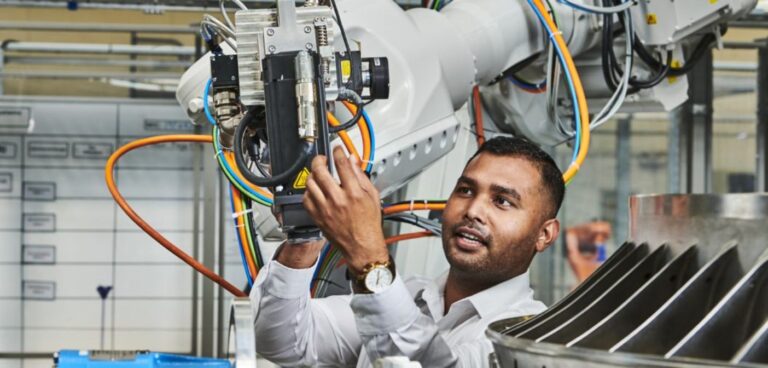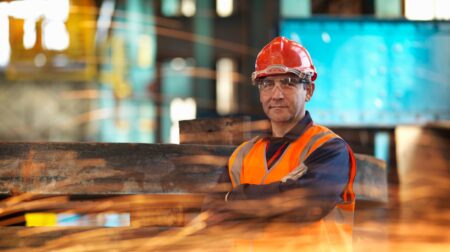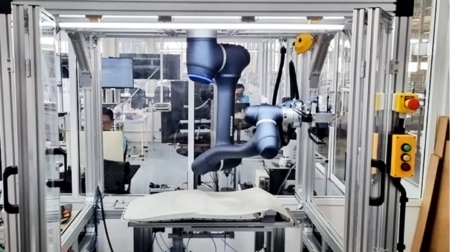Speeding up adoption of industrial automation and robotics could lead to improvements in productivity, according to a new report published by the Coventry-based Manufacturing Technology Centre (MTC) and the Industrial Policy Research Centre (IPRC), Loughborough University.
Robotics and Automation: A New Perspective said that the slow uptake of robotics among British manufacturers, and a reluctance to invest in automation, has contributed to the country’s small improvements in productivity in recent years.
“While the UK was traditionally a leader in world manufacturing, our productivity has been surpassed by other countries and, if ignored, this gap will continue to grow,” said Clive Hickman – Chief Executive, MTC.
“It is necessary to address the opportunities available within manufacturing to get back on top form and make advances available for businesses across the UK.”
According to the report, investment in automation along with reshoring manufacturing operations, could lead to new opportunities for UK businesses.

The report, compiled by MTC and IPRC researchers with contributions from organisations in the world of automation, found the UK is 24th in the world for robot density in manufacturing businesses, and lags behind in productivity as a result. But it stressed the technology to turn the situation around already exists and called for UK businesses to improve the rate of adoption.
Furthermore, the report recommended a renewed emphasis on the need to improve productivity through the use of automation, with manufacturers, research organisations, equipment suppliers and government working together to help businesses improve their performance through the intelligent use of automation. It also emphasised the importance of independent advice to new users, particularly in the SME supply chain.
Professor Chris White, MTC, added: “The opportunity is here and because of the pandemic the public perception has changed – calling for an increased resilience in our supply chains. The acceleration of the introduction of robotics and automation into production and the adoption of new technology generally will create a revolution in the way it thinks about manufacturing and its culture.
“The future of work, and for that matter, the future of manufacturing, is about to change dramatically. Its culture can no longer be described as ‘dirty, dangerous and dull’, but one that is clean, safe and as exciting as our imagination will allow.”








